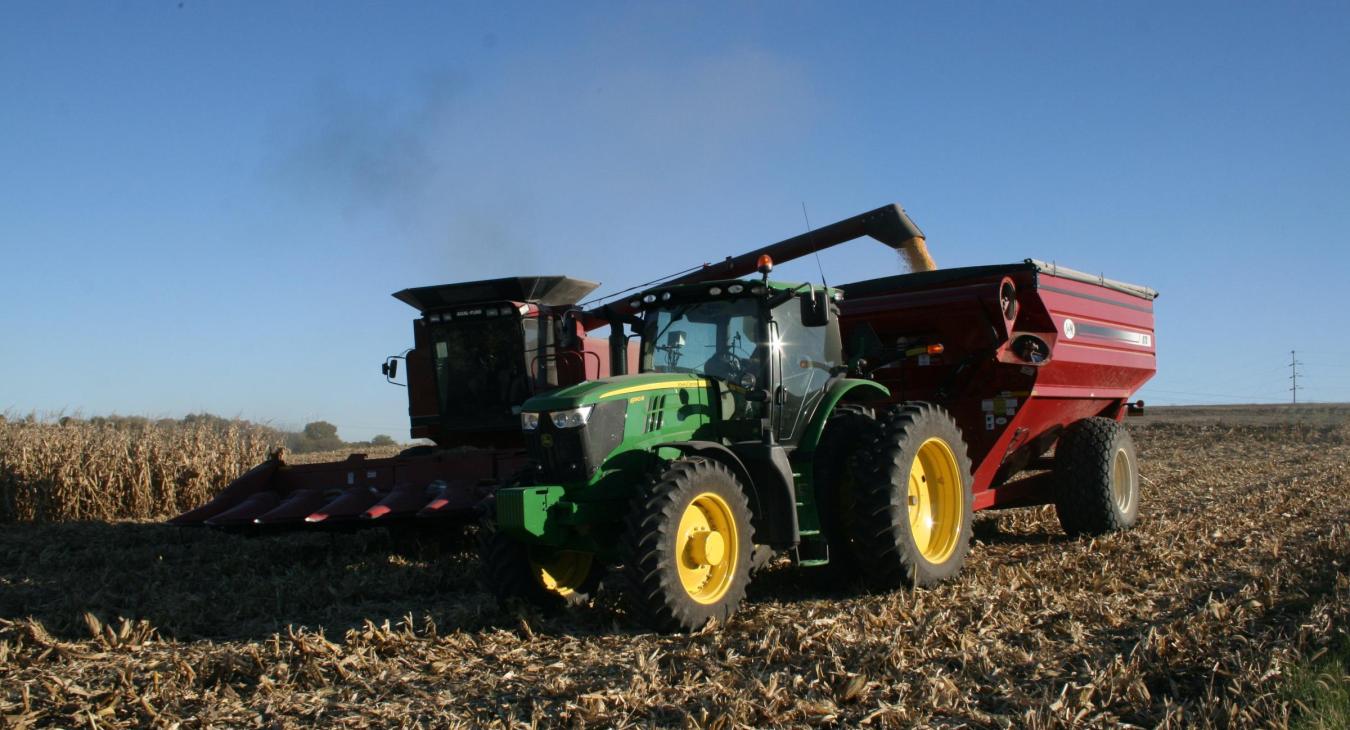Harvest season is the reward for months of hard work and long hours. It brings both excitement and pressure as farmers race to bring in the crop before the weather turns. But the rush to finish can also bring serious risks. Each year, farm workers across the country are injured or killed in accidents involving power lines and electrical equipment. Many of these tragedies are preventable with careful attention and planning.
One of the most overlooked hazards on the farm is also one of the most familiar: power lines. Because they are always there, it is easy for workers to stop noticing them. During harvest, when large equipment is constantly on the move, that oversight can turn deadly.
Before the season gets into full swing, take time to review safety procedures with every worker. Walk through the farmyard and fields, pointing out areas where equipment comes close to overhead lines. Measure equipment heights and make sure there is at least ten feet of clearance in every direction—above, below, and to the side.
If Equipment Touches a Power Line
Accidents can happen even when precautions are taken. If a vehicle or piece of machinery contacts a power line, the operator should stay inside and warn others to keep back. Call 911 immediately. Do not attempt to exit until the utility crew confirms it is safe.
If fire makes it necessary to leave, jump clear of the equipment without touching the ground and the vehicle at the same time. Land with your feet together, then hop away until you are a safe distance from the site. Never attempt to climb back on equipment once you are off—it could still be energized.
Safety Starts with Training
The best way to prevent tragedies is through awareness. Make sure all workers, including seasonal help, are trained to recognize electrical hazards and know the correct steps to stay safe. Harvest is a time to celebrate the rewards of farming. By putting safety first, Nebraska farmers can ensure that the season ends in success, not tragedy.
Prioritizing Safety Through Rest
For farmers, the fall harvest is a race against time, with long hours stretching from dawn until late into the night. This intense period of work, driven by deadlines and the need to maximize yield, creates a perfect storm for injuries. The majority of on-farm injuries occur during the busy planting and harvesting seasons, when stress and exhaustion are at their peak.
This isn't just about physical strain; it's about the mental toll as well. A lack of sleep, often a sacrifice made for more hours in the field, is a major contributor to this risk. Sleep deprivation is linked to slower reaction times, reduced concentration, and impaired judgment, all of which can lead to costly mistakes, whether operating heavy machinery or driving on the road.
While the pressure to get the job done is immense, a farm's most valuable asset is its people. Prioritizing the health and safety of workers, including ensuring they get enough rest, isn't just a matter of well-being; it's a critical component of productivity. Rushing and cutting corners to save time can lead to an injury that brings everything to a halt, a setback no one can afford during harvest.
Getting enough rest can make a huge difference in staying safe. While it may seem impossible to stick to a regular schedule during the harvest rush, even small adjustments can help. Whenever possible, farmers should try to go to bed and wake up at consistent times. And when a rainy day forces a break, use that time to catch up on much-needed sleep. Remember, a well-rested farmer is a safer and more productive one.

